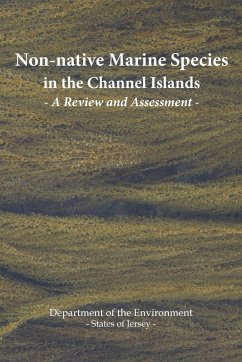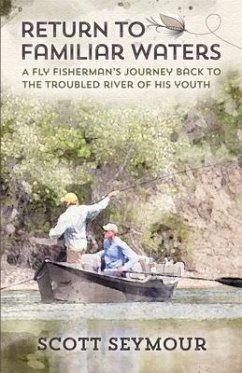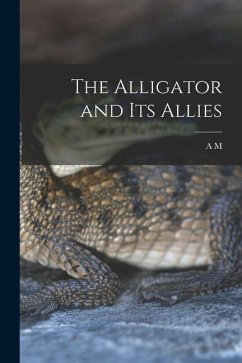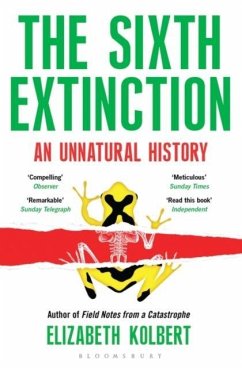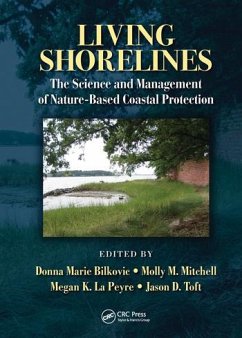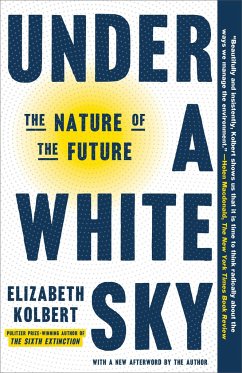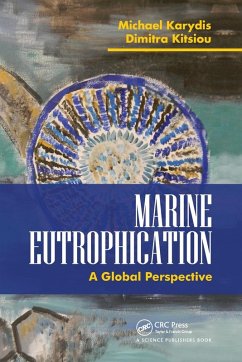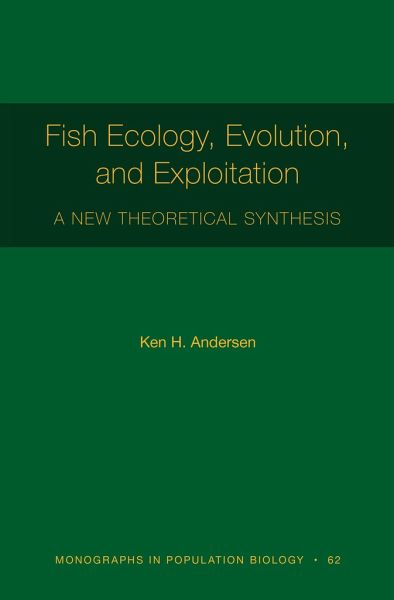
Fish Ecology, Evolution, and Exploitation
A New Theoretical Synthesis
Versandkostenfrei!
Versandfertig in über 4 Wochen
47,99 €
inkl. MwSt.
Weitere Ausgaben:

PAYBACK Punkte
24 °P sammeln!
Fish are one of the most important global food sources, supplying a significant share of the world's protein consumption. From stocks of wild Alaskan salmon and North Sea cod to entire fish communities with myriad species, fisheries require careful management to ensure that stocks remain productive, and mathematical models are essential tools for doing so. Fish Ecology, Evolution, and Exploitation is an authoritative introduction to the modern size- and trait-based approach to fish populations and communities. Ken Andersen covers the theoretical foundations, mathematical formulations, and real...
Fish are one of the most important global food sources, supplying a significant share of the world's protein consumption. From stocks of wild Alaskan salmon and North Sea cod to entire fish communities with myriad species, fisheries require careful management to ensure that stocks remain productive, and mathematical models are essential tools for doing so. Fish Ecology, Evolution, and Exploitation is an authoritative introduction to the modern size- and trait-based approach to fish populations and communities. Ken Andersen covers the theoretical foundations, mathematical formulations, and real-world applications of this powerful new modeling method, which is grounded in the latest ecological theory and population biology. He begins with fundamental assumptions on the level of individuals and goes on to cover population demography and fisheries impact assessments. He shows how size- and trait-based models shed new light on familiar fisheries concepts such as maximum sustainable yield and fisheries selectivity-insights that classic age-based theory can't provide-and develops novel evolutionary impacts of fishing. Andersen extends the theory to entire fish communities and uses it to support the ecosystem approach to fisheries management, and forges critical links between trait-based methods and evolutionary ecology. Accessible to ecologists with a basic quantitative background, this incisive book unifies the thinking in ecology and fisheries science and is an indispensable reference for anyone seeking to apply size- and trait-based models to fish demography, fisheries impact assessments, and fish evolutionary ecology.




